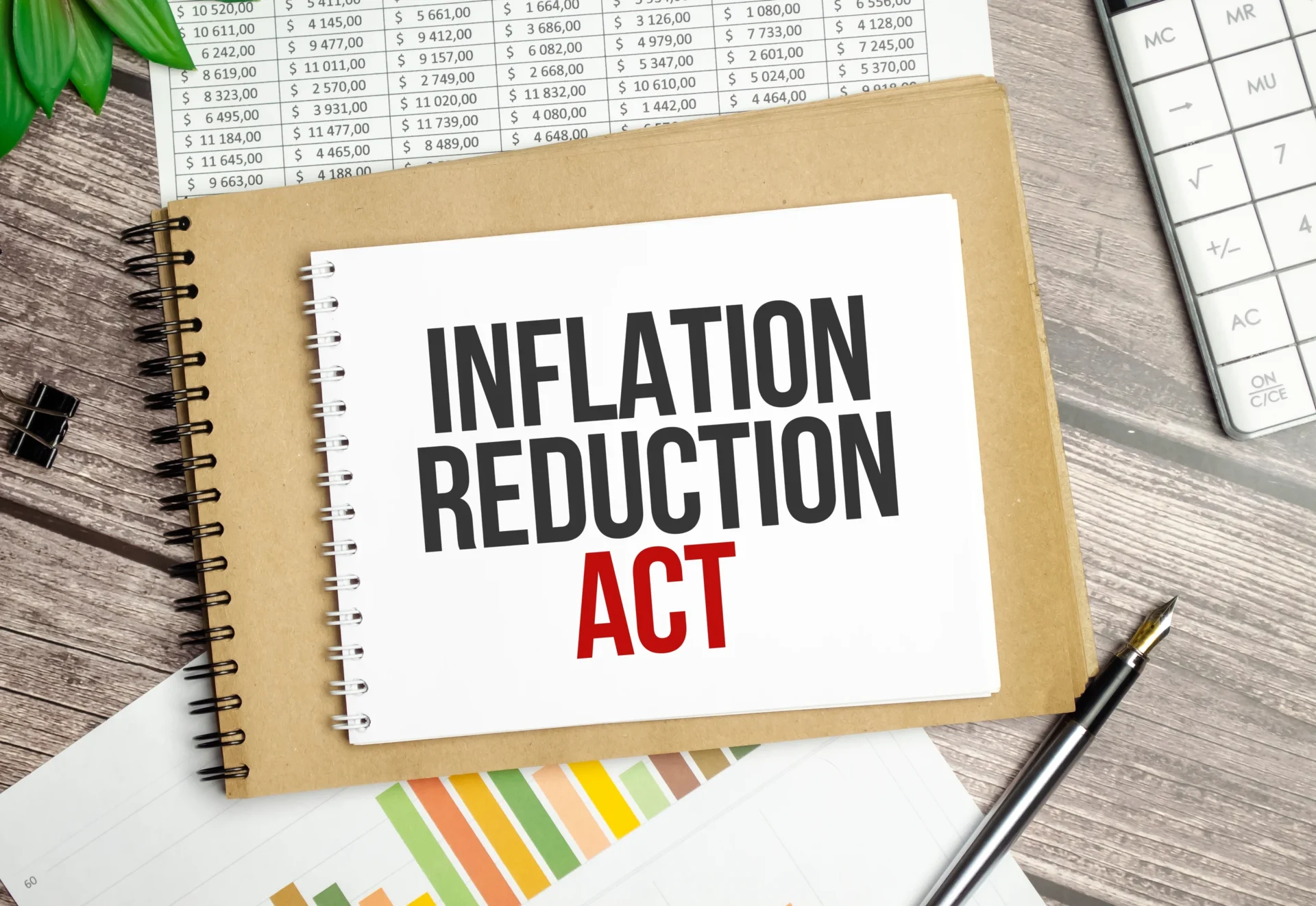

With the Inflation Reduction Act being signed into law, the government has made the biggest investment in U.S history to fight climate change. This important legislation includes numerous benefits including tax credits and rebates to incentivize energy-efficient home upgrades.
For HVAC contractors, this program also indicates the arrival of a few key changes to customers’ demands, as several industry-related tax credits aim to promote electrification and encourage homeowners to make eco-friendly upgrades.
This article will provide key takeaways that HVAC contractors should know about the Inflation Reduction Act. From rebates to future electrification trends, an HVAC contractor can plan around and even capitalize upon the impacts of this unprecedented move by the Biden Administration.
As the trend toward more climate-friendly technologies continues, the U.S government has invested $369 billion in reducing climate change. According to the Department of Energy, the goal is to reduce carbon emissions by 40% by 2030.
The bill includes several incentives to accelerate the transition to clean energy sources, including substantial tax credits and rebates for those who invest in solar power, energy-efficient appliances, and electric vehicles.
Along with federal incentives, state and local programs offer even more incentives to residents, including funding for eco-friendly retrofits for homes and apartments.
An analysis of this act shows that it could cut the social costs of climate change by up to $1.9 trillion by 2050. Along with benefitting consumers, this law also has some advantages for HVAC contractors.
With the incentives in this bill, the Rocky Mountain Institute predicts that it will result in millions of homes and buildings completing energy-efficient upgrades in the coming months.
One of the biggest rebates included in the program is for upgraded heat-pump technology for heating and cooling. Heat pumps are an energy-efficient option that can replace standard air-conditioning units requiring more electricity. The Inflation Reduction Act program offers a 30% tax credit for up to $2,000 to those who purchase and install heat pump systems.
With the transition away from traditional A/C systems, these incentives will change how HVAC contractors operate, as there will be an increased demand for heat-pump installation.
The advantages of heat-pump systems do not stop at tax credits. An HVAC company can provide these electrification solutions for better performance as well. These systems provide numerous benefits, making them an excellent choice for any building.
Five of the biggest benefits to heat pumps are:
The Inflation Reduction Act’s climate initiatives showcase the goals of the U.S. moving forward, including reducing homeowners’ reliance on natural gas, encouraging residents to switch to electrical appliances, and reducing each building’s overall environmental impact.
Electrification aims to impact all aspects of a building. Whether it be switching to electric water heating, replacing or enhancing older, inefficient systems, or adopting new eco-friendly technologies, these changes all help create a more sustainable future.
Along with energy-efficient HVAC systems, the Inflation Reduction Act boosts rewards for consumers installing solar panels and purchasing electric vehicles. The law bumps the tax credit allotted to homeowners with solar panels to 30% for the next decade.
If you want to purchase an electric vehicle, you may qualify for a tax credit worth up to $7,500. A consumer can apply for these credits directly to the purchase starting in 2024. You will also receive additional credits if you install an EV charger on your property.
Raiven serves HVAC and electrical contractors with the lowest prices on equipment, parts, and maintenance supplies as well as a purchasing platform that makes buying fast and efficient. Key benefits include:
Raiven is your one stop to save time and money. Visit Raiven to learn what we can do for you.
